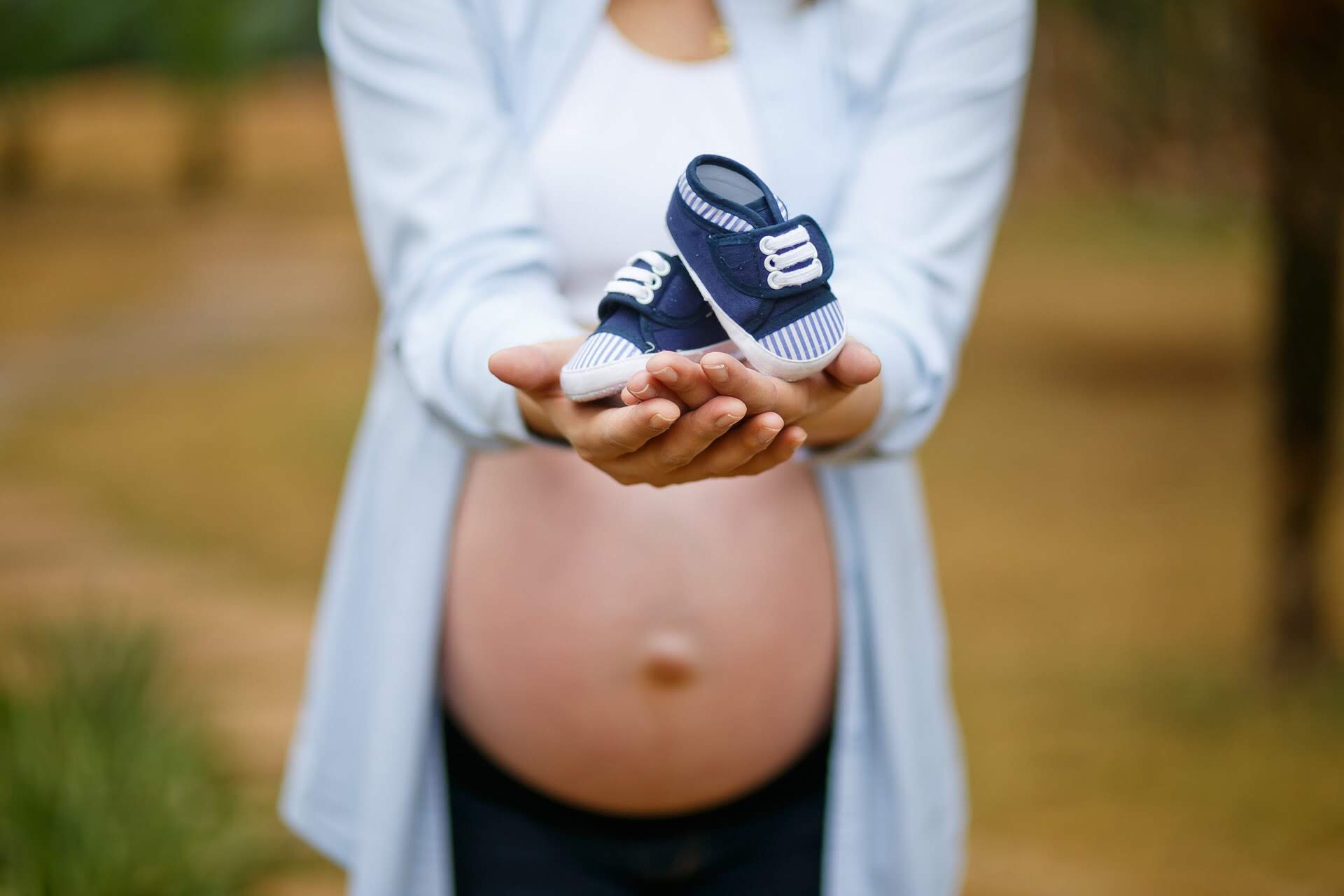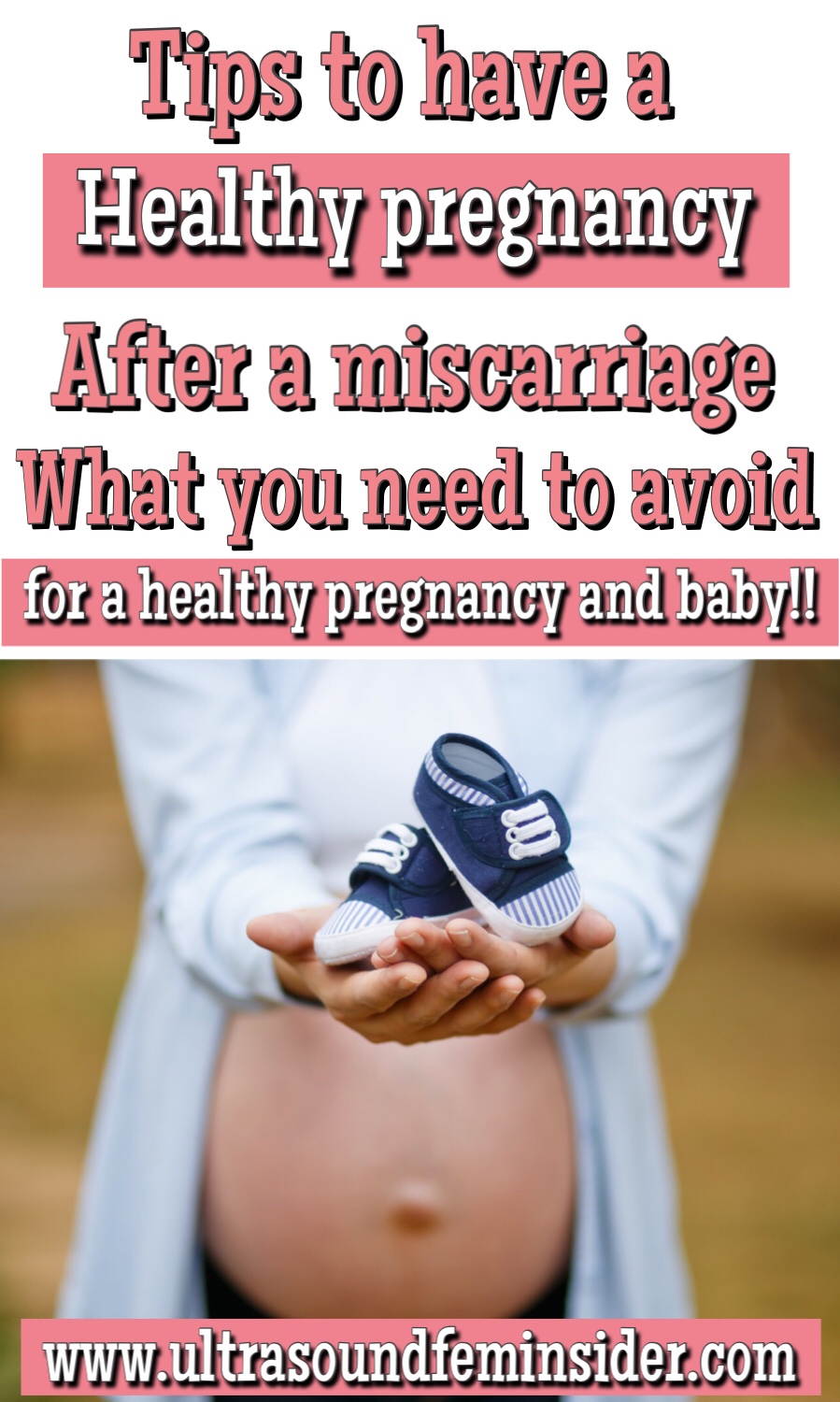The beginning of a pregnancy is a very beautiful stage, many of us dream with that moment even before it begins. In the other hand, miscarriage is a terrifying experience that no women wants to go through. After a miscarriage and before starting a pregnancy there are measures that we must take to achieve a fast and healthy pregnancy, but did you know what are the things you should avoid doing, in your first trimester as soon as you know you are pregnant to achieve a healthy pregnancy? In this article we will check the things you should stop immediately when you know you are already pregnant.
Things to avoid for a healthy pregnancy and baby.
1. Stop smoking immediately.
Smoking during pregnancy affects you and your baby’s health before, during, and after your baby is born. The nicotine, carbon monoxide, and many other poisons you inhale from a cigarette while you smoke are carried through your bloodstream and go directly to your baby.
Smoking while pregnant will:
- Lower the amount of oxygen available to you and your growing baby.
- Your baby’s heart rate increase.
- The chances of miscarriage and stillbirth are drastically increased.
- Increase the risk that your baby is born prematurely and/or born with low birth weight.
- The risk of developing respiratory (lung) diseases in your baby are increased as well.
- Increases risks of birth defects.
- Your baby has a higher risk of Sudden Infant Death Syndrome after born.
2. Stop drinking alcohol.
Alcohol is one of the many substances that can have a negative impact on fetal development. When a pregnant woman drinks, it not only affects her but also all the developing organs in the baby. And, alcohol stays in the baby’s body much longer.
Any amount of alcohol can reach the baby through the placenta and cause serious harm.
According to the Centers for Disease Control and Prevention (CDC), drinking alcohol during pregnancy can adversely affect the physical and mental growth and development of your baby.
Drinking alcohol during pregnancy is also associated with fetal alcohol spectrum disorders (FASDs), a group of irreversible diseases that cause physical abnormalities and impair mental, psychological, behavioral, and cognitive development in the baby.
In addition to FASDs, there are other dangers of alcohol use during pregnancy:
- Mental impairment
- Physical birth defects
- Miscarriage
- Premature birth
- Stillbirth
- Low birth weight
- Sudden Infant Death Syndrome (SIDS)
3. Stop recreational drugs immediately.
Recreational or illicit drugs can be very harmful to a developing baby and may decrease drastically his chance of survival.
Drug use by a pregnant woman can cause serious health problems for the unborn baby. Here is a list of some illicit drugs and the effects they can have on a fetus:
- Amphetamines: The use of these drugs are linked to heart defects and increased risk of placental problems as well as miscarriage, preterm birth, and low birth weight.
- Cocaine: Cocaine use can cause contractions of the uterus, which might lead to bleeding complications or premature labor. Cocaine can cause stillbirth, miscarriage, preterm birth, growth retardation, and birth defects in babies.
- Marijuana: Increased risk for impaired fetal growth, miscarriage, preterm birth, developmental delays, and even learning disabilities. These smaller babies are more likely to have health problems than are babies born to women who did not use marijuana.
- Narcotics: Drugs such as heroin can cause growth problems, premature labor, and a fatal syndrome of narcotic withdrawal after birth. In addition, sudden infant death syndrome (SIDS) is more likely among babies whose mothers used narcotics during pregnancy.
- Tranquilizers: Tranquilizers such as Valium have been associated with birth defects. Mothers who engage in heavy use of tranquilizers during pregnancy can also have babies who undergo withdrawal symptoms after birth.
- Glues and solvents: Women who sniff fumes during pregnancy may suffer a miscarriage or preterm labor and birth. They can have babies with birth defects including low weight, short height, joint and limb problems, heart defects, and abnormal facial features.
- Ecstasy: Pregnant women who use this drug might have babies with long-term learning and memory problems.
4. Reduce caffeine intake during pregnancy.
The evidence seems to suggest that consuming caffeine in small amounts (for example, one cup of coffee a day) during pregnancy poses little or no risk to the fetus. However, some evidence suggests that drinking more than seven cups of coffee a day may increase the risk of having a stillbirth, premature birth, low-birth-weight baby, or miscarriage.
5. Avoid taking over-the-counter medications.
With pregnancy many symptoms and pains will be part of your life for 9 months, even if you feel the need to take medications, you need to check with your doctor first, so you know what are the medications that are safe for you and your baby and which are the medications that have side effects.
Usually when you go to the first visit, many medical offices provide you with an informational package, with all the things you can and cannot do, and usually, in that package, you will find the list of medications you can take.
Remember that although is not a recreational drug, all chemicals pass from your blood through the placenta to your baby.
My latest video. To visit my YouTube channel click this link.
Related topics you might want to read.
Co-Sleeping: Should Your Child Sleep In Your Bed?
Things to avoid for a healthy pregnancy. PDF inside.
6. Avoid the consumption of processed meat and unpasteurized dairy products.
To minimize listeria risk, avoid foods most likely to carry it, such as certain types of processed meats unless they’ve been thoroughly heated and/or cooked, smoked fish, soft cheeses and unpasteurized milk and dairy products.
Unpasteurized dairy product can expose you and your baby to certain harmful bacteria, so it’s important to read labels very closely while you’re expecting.
For example, many soft kinds of cheese are usually unpasteurized, and these can be a vehicle for Listeria and Campylobacter pathogens. These bacteria can cause severe illness, particularly during pregnancy when your immunity is down, and they may even threaten your baby’s life. Food safety during pregnancy begins with careful shopping and a good understanding of how and where bacteria tend to breed.
For a most in deep explanation of your Pregnancy diet, check this article on my blog.
Pregnancy diet. What to eat or what to avoid during pregnancy.
7. Avoid exposure to radiation.
There are two kinds of radiation exposure that pregnant women worry about. The first is called non-ionizing radiation, which comes from household appliances such as microwave ovens and TV sets. The second is ionizing radiation and it comes from x-rays.
Ionizing radiation: Radiation risks throughout pregnancy are related to the stage of pregnancy and the absorbed dose. Potential radiation effects vary, depending on the fetal stage of development and the magnitude of the doses. These risks are more significant during organogenesis (Organ developing period, mainly at first trimester) and in the early fetal period, somewhat less in the second trimester, and least in the third trimester.
Avoid all exposure you might have with CT, MRI, and X-RAYS.
The potential biological effects of in uterus radiation exposure of a developing fetus include prenatal death, intrauterine growth restriction, small head size, mental retardation, organ malformation, and childhood cancer. The risk of each effect depends on the gestational age at the time of exposure.
Regarding non-ionizing radiation: Don’t worry too much about radiation exposure from home appliances and communication equipment. The levels are so low, your baby will not be affected. However, is always good to have some precautions such as:
- Sit at least five feet away from the TV set when it’s on.
- Stand at least three feet away and to the side when your microwave is running.
Share the post!
8. Avoid exposure to harmful chemicals and pesticides.
In the first trimester of your pregnancy, your baby’s nervous system is actively developing. Obviously, having contact with pesticides early in your pregnancy could seriously damage your baby’s development and well-being.
Therefore pesticides should be avoided at all costs. If you can avoid pesticides during your pregnancy, that would be ideal. If you can’t, at least try to minimize your exposure as much as possible to ensure your baby’s successful and proper nervous system development in uterus.
9. Try to avoid immunizations.
Any vaccinations that use live viruses are avoided during pregnancy, including Rubella, measles, mumps and yellow fever. It is vital that you make your doctor aware that you are pregnant prior to having any immunizations.
Only two vaccines are specifically recommended for pregnant women: The flu (influenza) vaccine, which should be given during the first or second trimester of pregnancy; and the Tdap (tetanus-diphtheria-acellular pertussis) vaccine, given when you’re 27 to 36 weeks pregnant to guard against whooping cough (pertussis).
10. And for all the kitten mommies, Be aware of Toxoplasmosis.
Be cautious and follow these helpful tips to reduce your risk of environmental exposure to Toxoplasma:
- Avoid changing cat litter as much as possible. If you have to do it, wear disposable gloves and wash your hands with soap and water afterward.
- Make sure the cat litter box is changed daily. The Toxoplasma parasite does not become infectious until 1 to 5 days after it is shed in a cat’s feces.
- Feed your cat commercial dry or canned foods only, never raw or under cooked meats.
- Keep cats indoors if possible.
- Avoid stray cats, especially kittens. Do not get a new cat while you are pregnant.
- Keep outdoor sandboxes covered to limit spreading any infection.
- Wear gloves always when gardening and during contact with soil or sand because it might be contaminated with cat feces that contain Toxoplasma. Wash hands with soap and water after gardening or contact with soil or sand.
In conclusion:
The first trimester is a period of major development for your fetus and a profound physical and emotional change for you.
In general, as soon as you know you are pregnant, eliminate everything you know that puts your baby at risk, try to feed yourself properly, drink plenty of water, exercise. Trust your instincts.
Avoid exposing yourself to chemicals, medications or drugs.
And get ready to start visiting your doctor for your routine checkups.
I hope this article has been informative for you.
Zadi, XO.











Important information, great post
Thanks dear
Note: some vaccinations are recommended during pregnancy such as the influenza vaccine and the Dtap Please see CDC recommendations
Yes dear, thank you for your input. I was perhaps referring in general to immunization, not the one that you received at your OBGYN doctor.
[…] Things to avoid for a healthy pregnancy and baby. […]
[…] Things to avoid for a healthy pregnancy and baby. […]
[…] Things to avoid for a healthy pregnancy and baby. […]
[…] Things to avoid for a healthy pregnancy and baby. […]